
Radiation is the emission of energy in the form of rays or waves travelling through space. Sunshine is the most common form of radiation. Sunshine consists of radiation in a number of different wavelengths. Ranging from the long wave infra-red to the short wave ultra violet (UV). It is the short waves of the electromagnetic spectrum that are most beneficial and cause the most harm.
| Cosmic Rays l=10-13m | Gamma Rays l=10-11m | X-Rays l=10-9m | Ultra-Violet Rays l=10-7m | Visible Light l=10-6m | Infra-red l=10-4m | Microwaves l=101m | Radio Waves l=103m |
 |
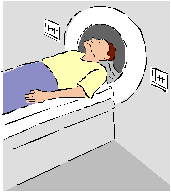 |
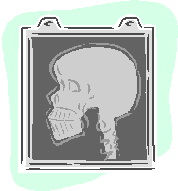 |
 |
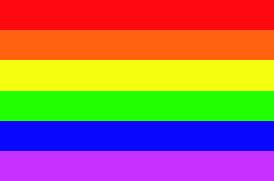 |
|
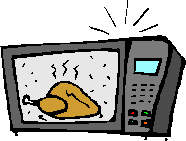 |
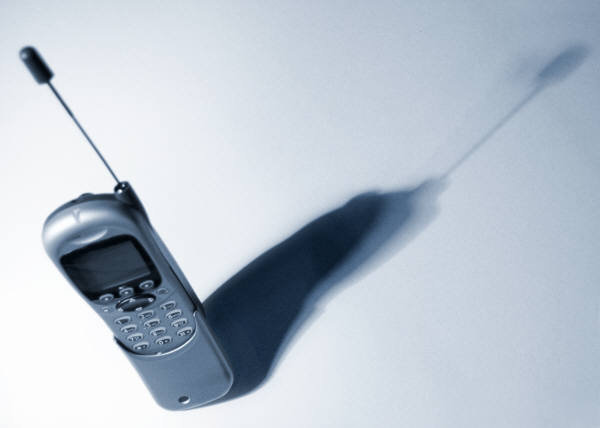 |
| High Frequency |
The Electro-MagneticSpectrum
|
Low Frequency |
Remember: If a wave has a high frequency it has a short wavelength (λ) and if it has a low frequency it has a long wavelength.
At the higher frequencies the radiation is known as ionising radiation. This means that some of the atoms lose an electron from their shell. This ionising radiation can be both beneficial and hazardous. It can cause damage to matter, particularly living tissue. At high levels it is therefore dangerous and amount of exposure must be controlled.
Uses of Radiation
|
Killing Cancer cells - Although radiation is harmful to living cells cancer cells are more easily damaged by ionising radiation than healthy cells are. high doses directed at the cancer cells can kill with as little damage as possible to the living healthy cells. |
|
|
Sterilisation - bacteria are killed by large amounts of radiation. This is used to sterilise medical equipment. |
|
|
Tracers - radiation is feed into a liquid and then can be traced. In humans it is injected into the blood or can be inhaled to check the respiratory organs. This technique is used to check the brain, lungs, kidneys and bones are in functioning order. |
|
|
Agriculture - control of serious crop damage and to see in what amounts phosphorus is needed for healthy growth of plants. |
|
|
Food irradiation - Keep food fresher for longer and can kill any food-borne diseases. This does not mean that the food is then a radioactive source nor does it pass it on to humans. |
So if radiation has all these benefits why is it so dangerous?
High doses of any kind of ionising radiation cause chemical and biological changes in human cells. These changes can bring about diseases such as skin, bone and lung cancer and leukemia. (Please note, however these cancers can be as a result from other causes)
The effect of radiation on Humans depends on the:
-
Type of radiation
-
Time exposure
-
Type of tissue irradiated
